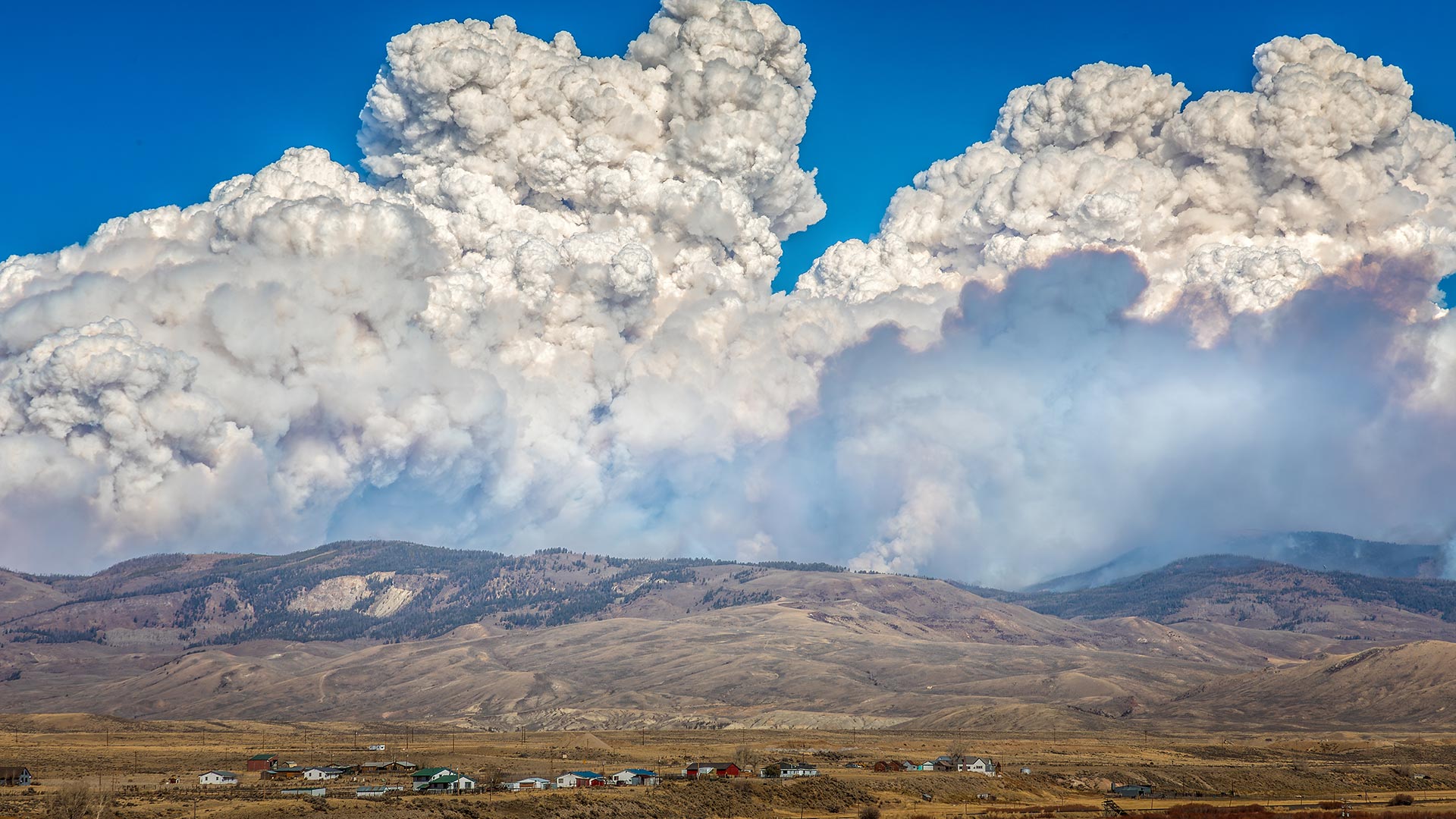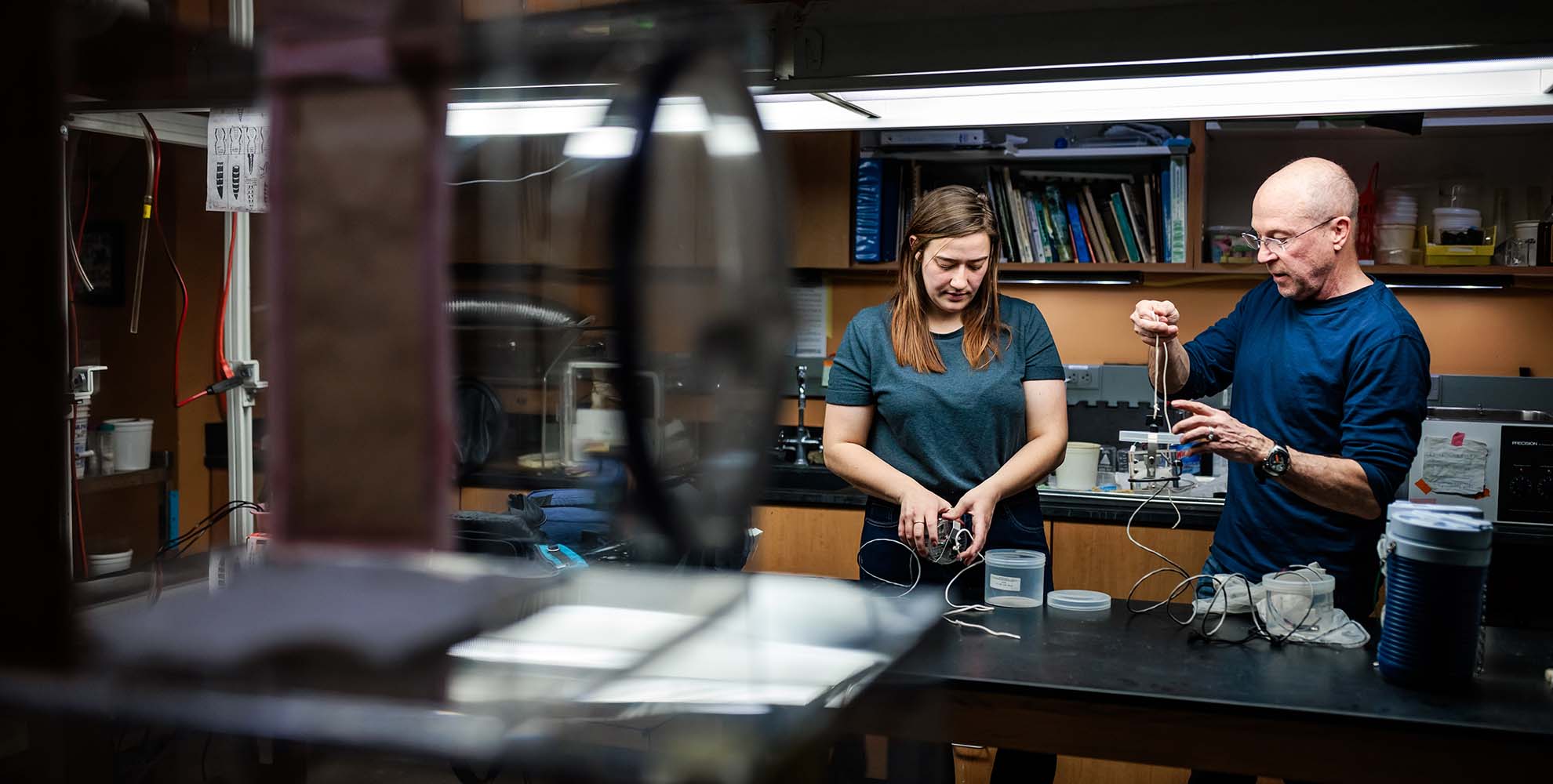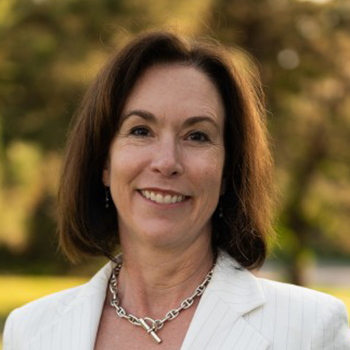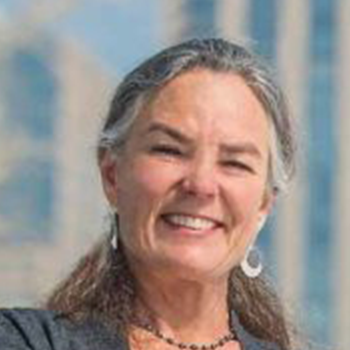9 career paths for hydrophiles
The Colorado River Basin provides water to 40 million people in the West. Working in these occupations can help to ensure it remains that way.

From the state’s 24-year megadrought to the interstate Colorado River deal, water issues have been dominating headlines in recent years.
And as concern grows over our water supply, so does interest in careers that can help protect it. Enrollment is growing in Metropolitan State University of Denver’s Water Studies Minor and Certificate programs as more people from a variety of educational disciplines and backgrounds seek important understanding — and potentially important jobs — related to critical water issues in the West and around the world.
“The state of water in Colorado and throughout the Colorado River Basin have been national topics,” said Nona Shipman, co-director of MSU Denver’s One World One Water Center. “Being aware of our current state of water and equipping yourself with the tools to make you feel powerful and capable in the community is really important in advancing water solutions.”
RELATED: Water crisis sinks to new level
Students in MSU Denver’s Water and the American West class are preparing to discuss some of those solutions and the careers that can help achieve them during a talk March 7 with Lauren Ris, director of the Colorado Water Conservation Board.
What are some potential career paths for those students and anyone interested in helping steward the future of water in the West? Shipman shares a few, emphasizing the need for people from a variety of educational and professional backgrounds.
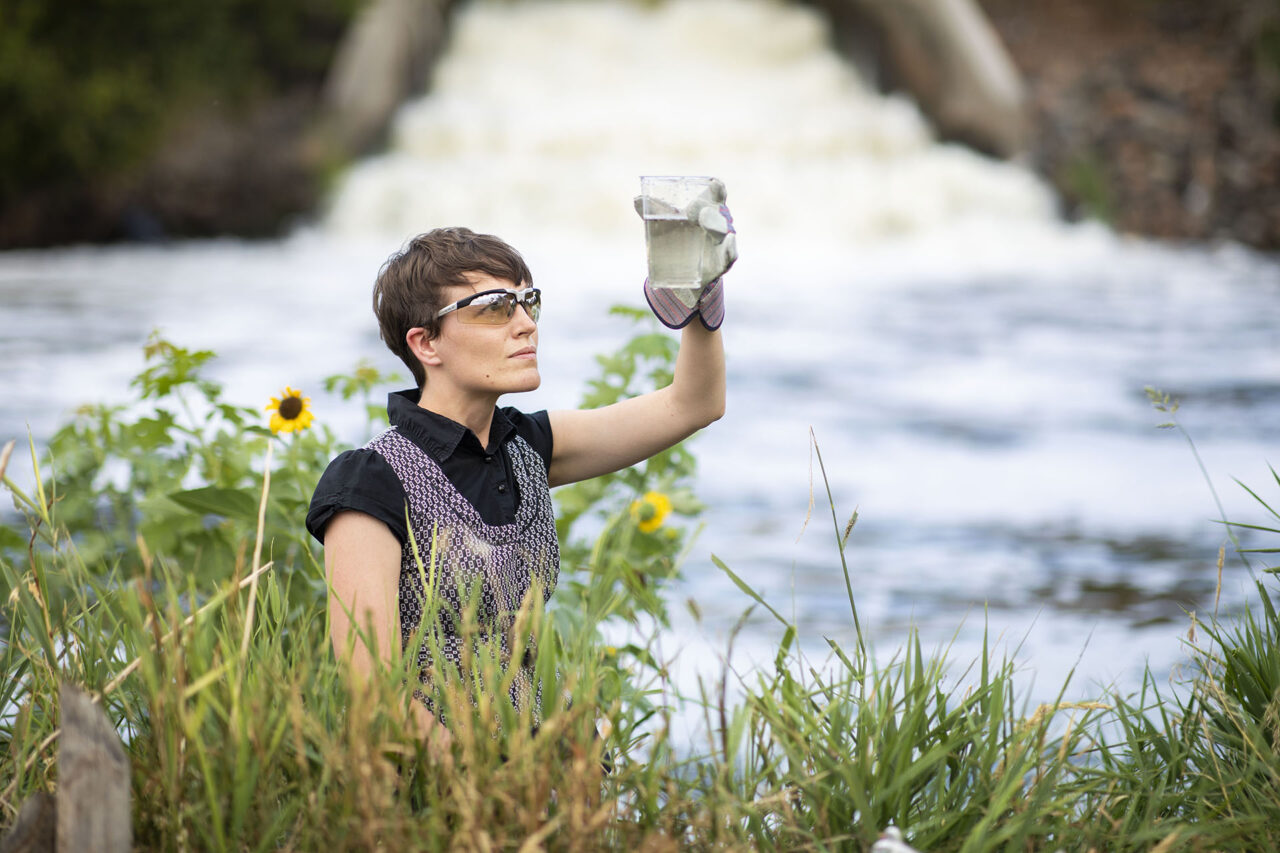
Water educator
Education plays a huge role in water conservation, Shipman said. Educating the community, including kids, adults and even government officials, can provide an inroad to the field for people with diverse backgrounds.
Water policymaker
For those interested in boots-on-the-ground work, Shipman recommends looking at positions in state and local government, as well as nonprofits that specialize in campaigning and advocacy.
RELATED: Green Energy
Water scientist
The science of water distribution, known as the hydrologic cycle, plays a huge role in water conservation. Students with an interest in chemistry or geography who want to work in the field might consider this pathway.
Water researcher
Entire organizations are dedicated to researching the evolving needs of the water sector, Shipman said. This includes one of the leading research organizations, The Water Research Foundation, which has an office in Denver and is committed to finding holistic solutions to pressing water issues.
Water engineer
A water engineer can help with everything from securing environmental permits to groundwater assessment and well design. Shipman noted that Denver houses a couple of engineering firms, including Wright Water Engineers, where an MSU Denver alumna currently works, specializing in land use and geographic information systems.

Water-quality specialist
Have you ever heard of a water sommelier? This is someone skilled in distinguishing the flavor profiles of waters from different sources. A more traditional water-quality specialist can typically perform risk assessments, evaluate water for safety and assist with recycled-water systems.
RELATED: Meet Colorado’s only water sommelier
Water historian
The history of water in Colorado and the West and our relationship to it is vitally important to how we create solutions for our current water issues, Shipman said.
Water-security specialist
As we’ve seen with the war in Ukraine, cybersecurity is critical for water utilities and protecting resources during conflict. Individuals with cybersecurity credentials and knowledge of water operations would have an advantage in securing these types of positions.
Water communicator
Shipman noted that Ris double-majored in English and Environmental Science before moving on to graduate programs in Environmental Policy. The water sector needs people from liberal-arts backgrounds such as writers and photographers to showcase the creative and nuanced connections we all have to water, she added.
“It’s going to be so important to have lots of different voices at the table to really create real, holistic solutions for the benefit of both people and planet,” Shipman said. “There’s really a place for everyone in this community.”


